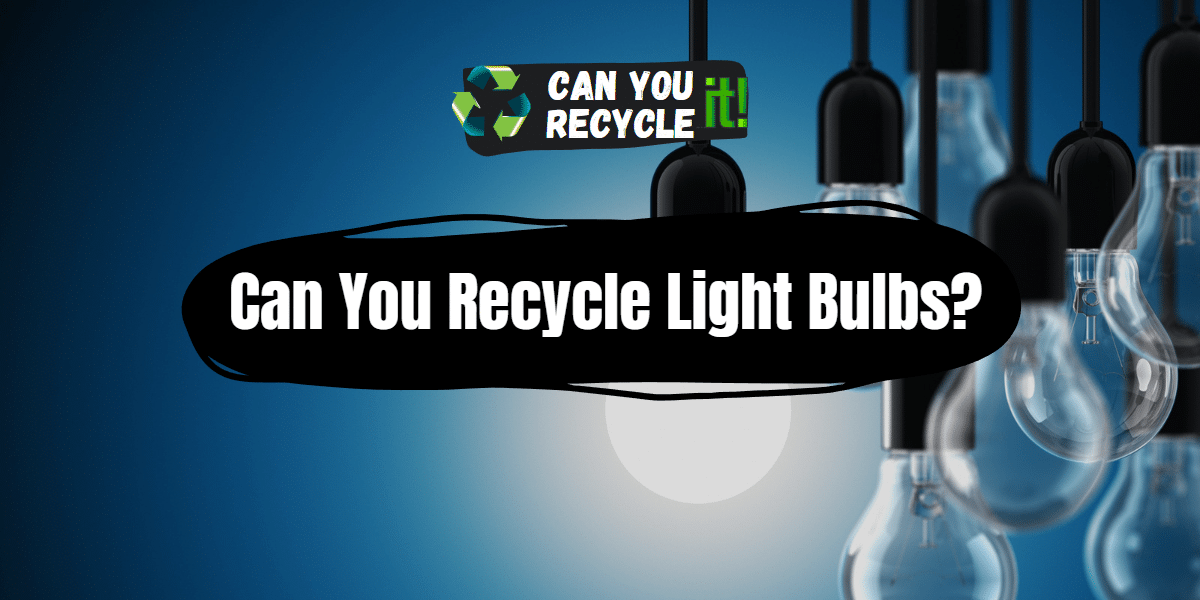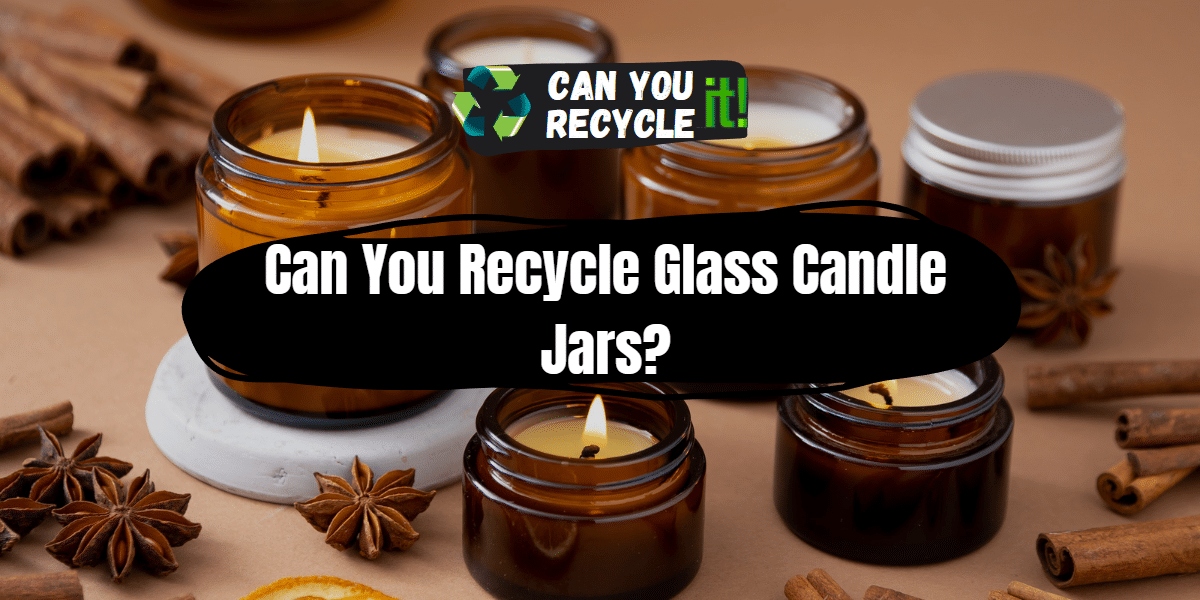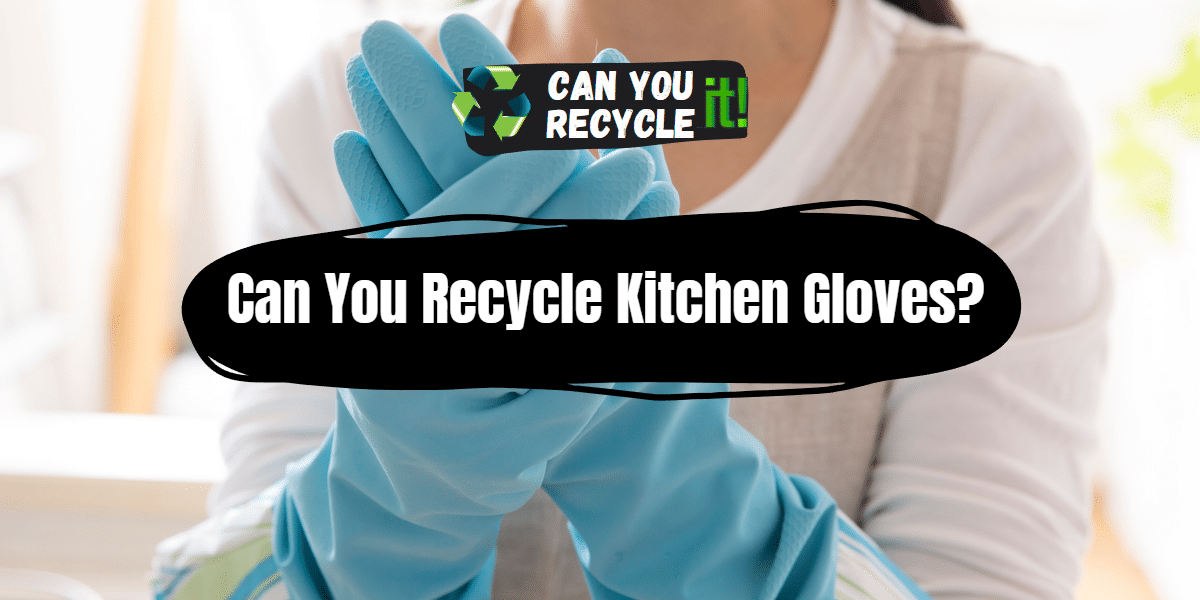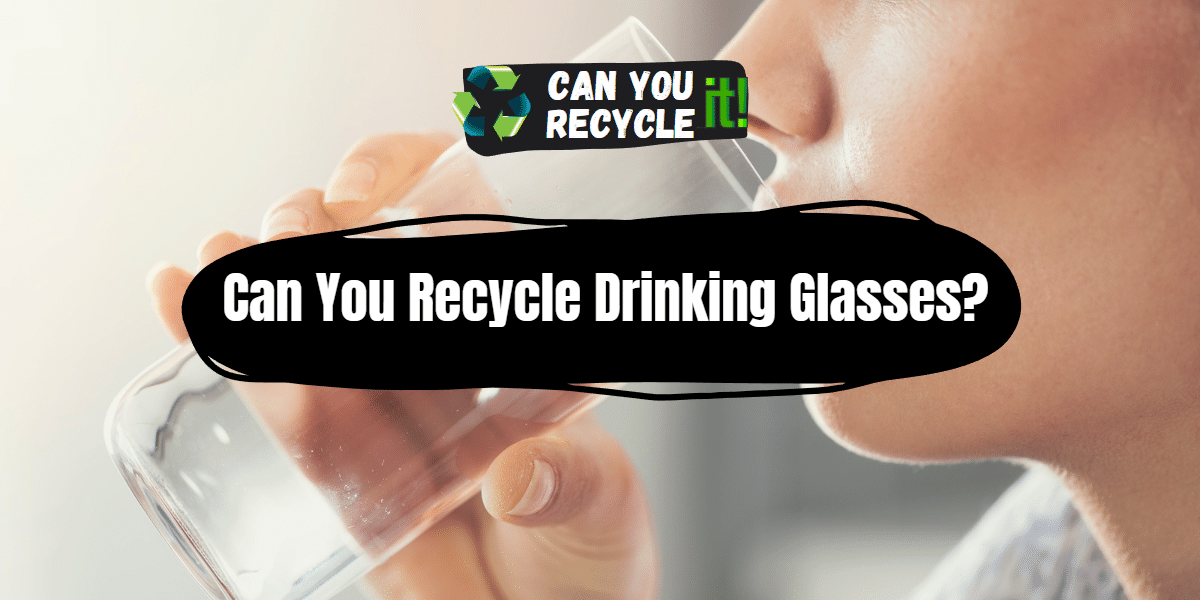Yes, you can recycle light bulbs. However, not all light bulbs can be recycled. Some light bulbs, such as incandescent bulbs, contain mercury, which is a hazardous material. These bulbs should not be put in your regular recycling bin.
However, light bulbs’ recycling potential depends on the bulb type and the recycling facilities available in your area. In this article, we will explore the dos and don’ts of recycling light bulbs, provide a step-by-step guide on how to recycle them, discuss alternative options for bulbs that cannot be recycled, examine the environmental impact of recycling light bulbs, answer frequently asked questions, and conclude with some final thoughts on the subject.
Table of Contents
Do’s and Don’ts
When it comes to recycling light bulbs, here are some dos and don’ts to keep in mind:
Dos
- Check bulb type: Different types of light bulbs have different recycling requirements. Identify the type of bulb you have, such as an incandescent, compact fluorescent lamp (CFL), or light-emitting diode (LED), to determine the appropriate recycling method.
- Research local recycling options: Check with your local recycling center or municipality to find out if they accept light bulbs for recycling. Some places have specialized recycling programs for certain types of bulbs.
- Please handle with care: Light bulbs are fragile, so handle them cautiously to prevent breakage. Use protective packaging or containers when transporting them to a recycling facility.
- Recycle CFLs and LEDs: Compact fluorescent lamps (CFLs) and light-emitting diodes (LEDs) are typically recyclable. Find a recycling center that accepts these types of bulbs and follow their guidelines for proper recycling.
Don’ts
- Recycle incandescent bulbs: Incandescent bulbs are not usually recyclable. They can be safely disposed of in the general waste bin. However, checking with your local recycling center for any specific instructions is always a good idea.
- Throw away fluorescent tubes: Fluorescent tubes, which are larger versions of CFLs, should not be thrown in the regular trash. They contain small amounts of mercury and require unique recycling methods.
5-Step Guide to Recycle Light Bulbs
Recycling light bulbs is a straightforward process. Follow this five-step guide to recycle your light bulbs responsibly:
Step 1
Identify the Bulb Type: Determine the type of light bulb you have. Common types include incandescent, CFLs, and LEDs.
Step 2
Check Local Recycling Options: Research local recycling centers or municipal programs to find out if they accept light bulbs for recycling. Note any specific guidelines or requirements they may have.
Step 3
Prepare for Recycling: If your local recycling center accepts CFLs or LEDs, prepare the bulbs for recycling. Place each bulb in a separate plastic bag or protective container to prevent breakage during transportation.
Step 4
Transport Safely: Safely transport the bulbs to the recycling facility. Handle them with care to avoid any accidental damage.
Step 5
Follow Recycling Guidelines: At the recycling facility, follow the specific guidelines provided for recycling CFLs or LEDs. Place the bulbs in the designated collection area and handle them appropriately.
What to Do with Light Bulbs That Cannot Be Recycled
In cases where light bulbs cannot be recycled, it’s important to explore alternative options for their proper disposal. Here are a few suggestions:
- Incandescent bulbs: Incandescent bulbs are not typically recyclable. Dispose of them in the general waste bin. However, always check with your local waste management guidelines for any specific instructions.
- Fluorescent tubes: Fluorescent tubes contain small amounts of mercury and should not be thrown in the regular trash. Many hardware stores or recycling centers offer special collection services for fluorescent tubes to ensure safe disposal.
- Broken bulbs: If a light bulb breaks, take precautions to clean up and dispose of the broken pieces safely. Use gloves and follow the instructions provided by your local waste management authority.
Environmental Impact of Recycling Light Bulbs
Recycling light bulbs has a positive impact on the environment. Here’s why:
- Resource conservation: Recycling bulbs helps conserve valuable resources such as glass, metals, and other materials used in their production. This reduces the need for extracting and processing new raw materials.
- Energy savings: Recycling light bulbs requires less energy than manufacturing new ones. By recycling, we can reduce energy consumption and associated greenhouse gas emissions.
- Preventing pollution: Certain types of light bulbs, such as CFLs, contain small amounts of mercury. Proper recycling prevents mercury from ending up in landfills, which can leach into the environment and pose risks to human health and ecosystems.
FAQs for Can You Recycle Light Bulbs
Can I recycle all types of light bulbs?
No, not all types of light bulbs can be recycled. Incandescent bulbs are typically not recyclable, while CFLs and LEDs can often be recycled. Check with your local recycling center for specific guidelines.
Can I put light bulbs in the regular trash bin?
It depends on the type of light bulb. Incandescent bulbs can usually be disposed of in the regular trash, but fluorescent tubes and other types containing hazardous materials should not be thrown away. Always check local waste management guidelines.
Are there any health risks associated with recycling light bulbs?
Recycling light bulbs, especially CFLs that contain small amounts of mercury, should be done carefully to minimize exposure. Follow the guidelines provided by the recycling facility to ensure safe handling and disposal.
Conclusion and final thoughts 💭
Recycling light bulbs is an essential part of sustainable waste management. By following the dos and don’ts, using the five-step guide, and exploring alternative options for bulbs that cannot be recycled, you can contribute to a cleaner and greener environment. Remember to research local recycling options and stay informed about the specific requirements for each type of light bulb. Together, we can positively impact and promote a more sustainable future.





Leave a Reply